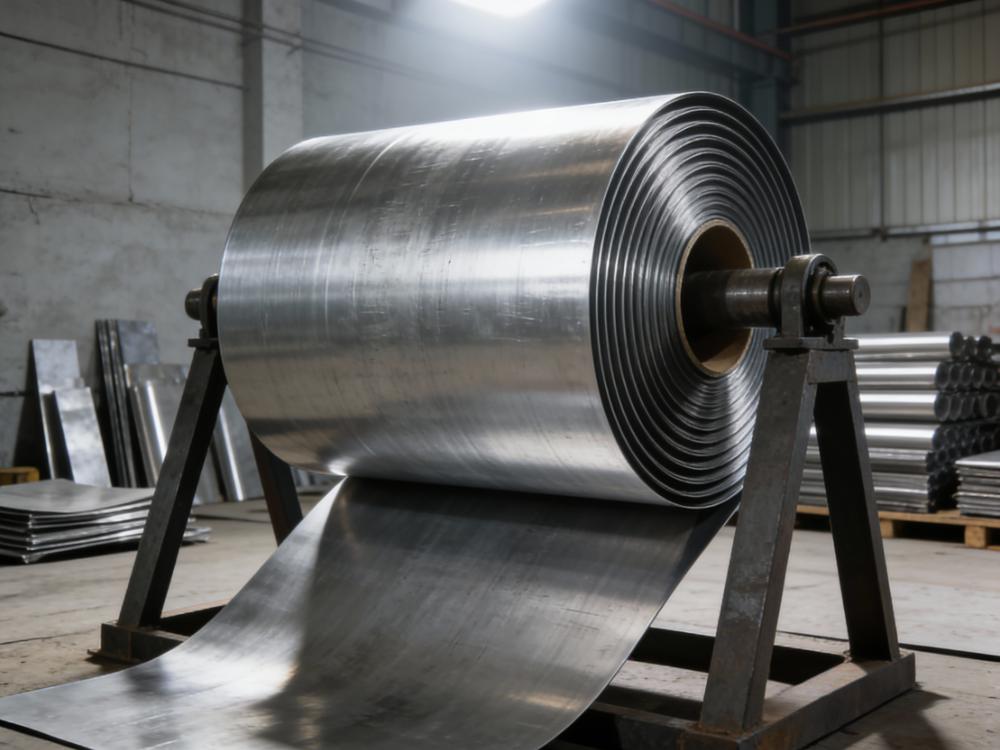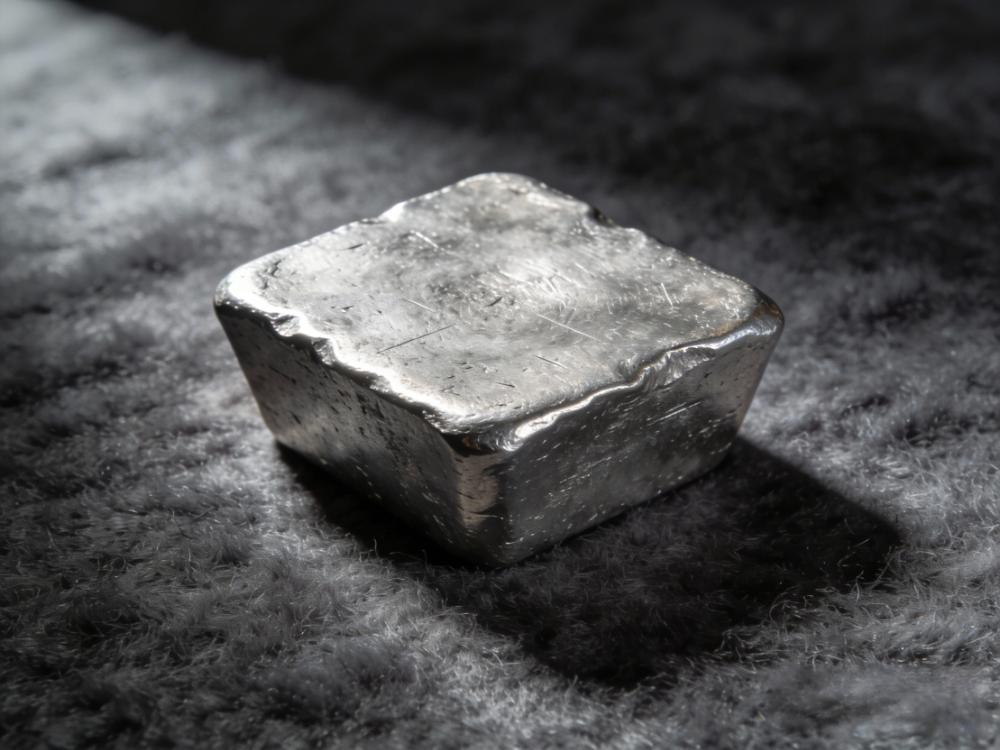June 7, 2016
Johnson Matthey’s full year figures illustrate what a challenging market it has been not just for the refiner and manufacturer of precious metal products, but for the range industries in which it plays.
We tend to associate JM with simply refining platinum and being highly dependent on the European automobile market through their product’s exposure to emissions control technologies. The year-end figures are a good illustration of how far off the mark that impression is and how diverse the range of industries the firm is involved in.
The Year in Emissions Control
Emissions control equipment actually had a good year, up 15% in spite of theVolkswagen AG emissions scandal. Demand for diesel vehicles has not been badly dented and although the trend is expected to fall from about 50/50 today to 60/40 in favor of gasoline engines in Europe by 2025, the proportion of platinum needed has continued to rise following the introduction of stricter standard last year.
Profits are up 15% in the emission control division as both automobiles and batteries did well. In fact, the goldilocks trend for JM is the slow but steady rise of hybrids that need both catalysts for the internal combustion engine and much more powerful batteries for the electric storage and drives.
Platinum Prices
Even so positive a performance in automotive couldn’t lift the firm sufficiently to overcome a collapse in the platinum price and the oil price. The drop in precious metal prices generally hit revenue and profits, JM refines and recycles PGMs for various applications including medical equipment.
Operating profits fell 35% to £66 million ($94.9 million) and sales dived 19% to £343 million ($493.4 million) according to the Telegraph. The collapse of the oil price caused a sharp drop in investment in the industry hitting sales of process technologies such as catalysts. Revenue dropped 8% and the division’s operating profits fell 31%.
Interestingly the firm made a substantial impairment charge of £141 million ($202.8 million) against its fuel cells division, a technology the firm has been investing in for some years in the expectation of a steeper growth curve. JM says it still expects growth from the technology but acknowledges it is taking longer than expected as costs need to come down and refueling options need to grow before it can begin to compete with hybrid or electric vehicle technologies.
In spite of the challenging market, JM still posted a net profit of £418.2 million ($603.3 million), down just 5%, better than market expectations and the share price rose on the news.



